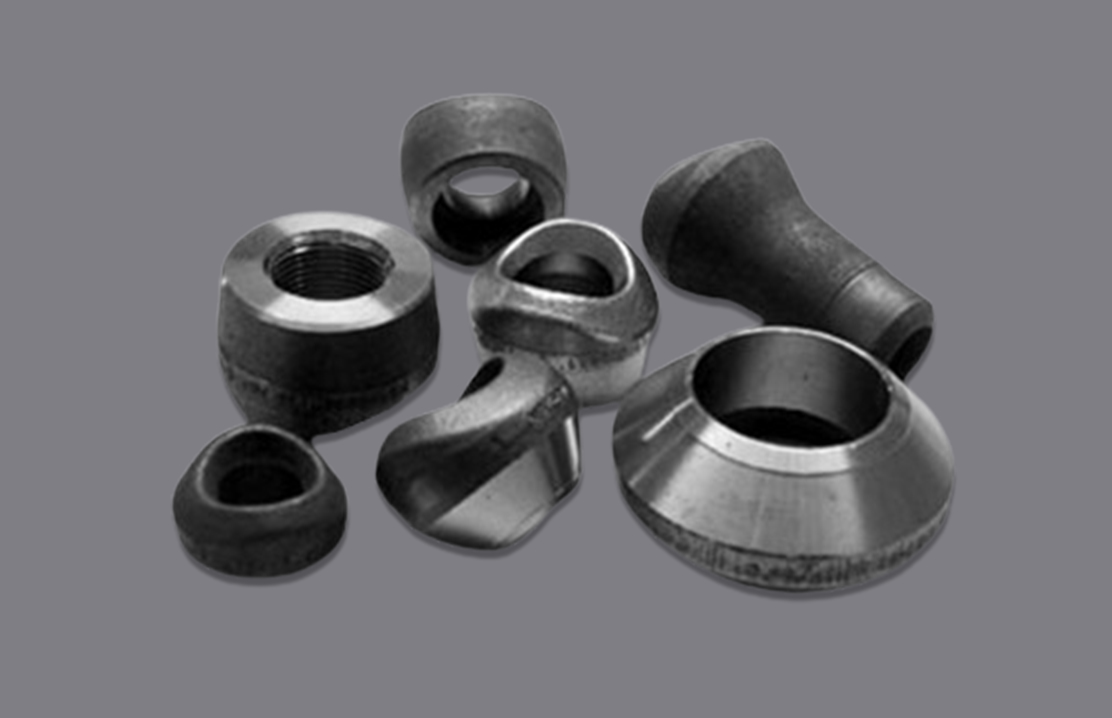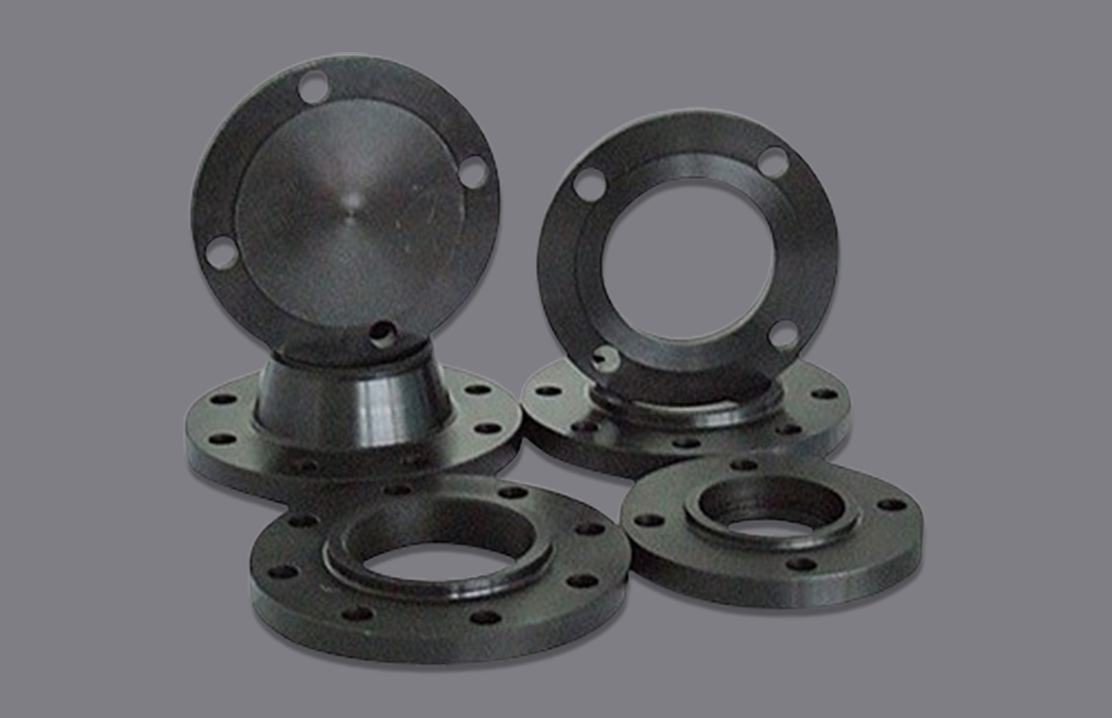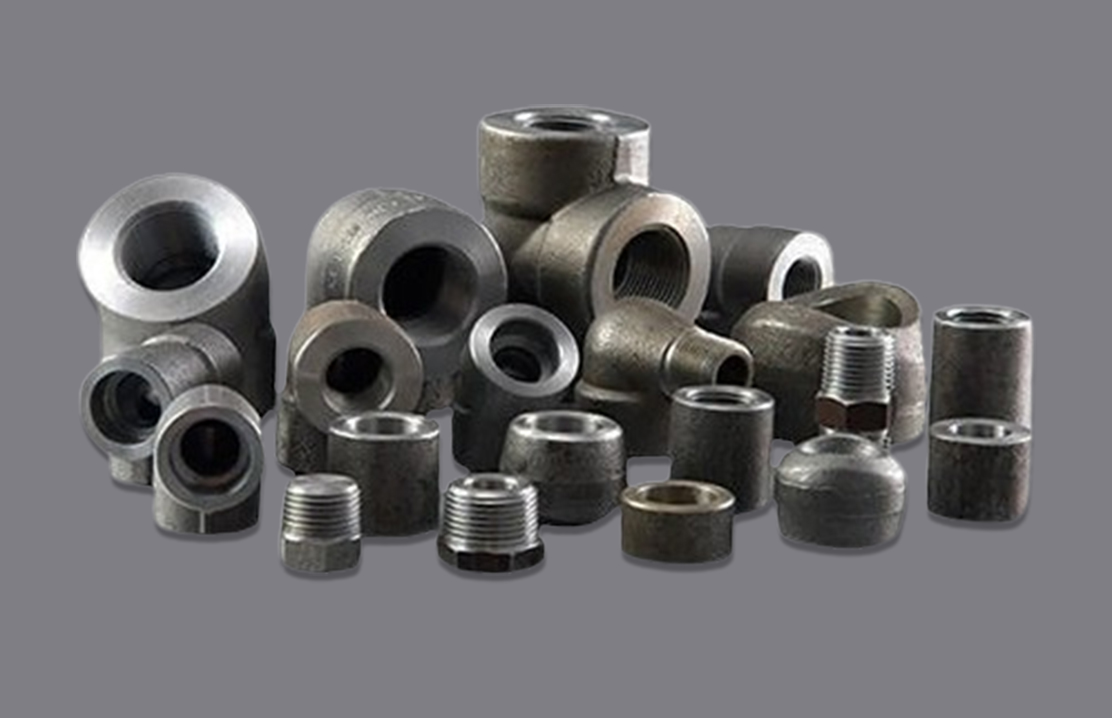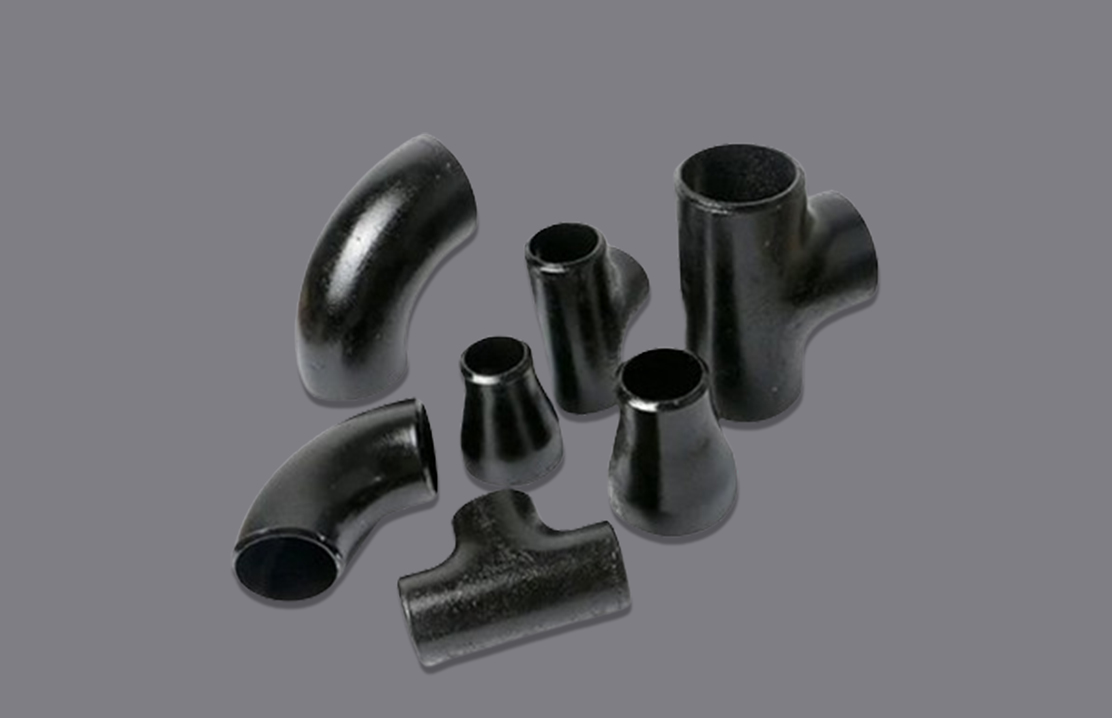Carbon Steel 90° Elbow & Reducing Elbow
Home - Carbon Steel - Carbon Steel Forged Pipe Fittings - Carbon Steel 90° Elbow & Reducing Elbow
Carbon Steel 90-degree Elbow and Reducing Elbow
For robust and dependable piping connections, choose Carbon Steel 90-degree Elbows and Reducing Elbows from EBY Fasteners. Experience the strength and leak-tight seal that comes from their forged construction. Explore our wide selection of sizes, pressure ratings, and carbon steel grades to find the perfect match for your system, whether you need a simple directional change or a seamless diameter transition
Let our team of experts guide you through the selection of the optimal Carbon Steel Elbow solution. We understand the importance of compatibility and reliable performance within your industrial piping system. From standard applications to high-pressure environments, EBY Fasteners is your trusted source for quality forged elbows


Choose EBY Fasteners for your Carbon Steel Elbow needs. We prioritize quality control from manufacturing to delivery. Our commitment to exceeding your expectations with exceptional products and customer service is what sets us apart


Choose EBY Fasteners for your Carbon Steel Elbow needs. We prioritize quality control from manufacturing to delivery. Our commitment to exceeding your expectations with exceptional products and customer service is what sets us apart
- ASTM Standards : Both ASTM A234 and ASME SA234 are widely used standards for pipe fittings. They cover material requirements, dimensions, tolerances, and testing procedures. Adherence to these standards ensures compatibility, predictable performance, and quality within piping systems.
- Grades with "WPB" & "WPBW" : These designations refer to basic carbon steel ("WP") suitable for buttwelding ("B"). The "W" suffix indicates additional weldability requirements for certain grades. These grades offer a balance of strength, weldability, and affordability for various piping applications.
- WPHY Grades : These grades denote different levels of minimum yield strength. As the number increases (42 to 70), the steel becomes stronger. This allows higher pressure piping applications or potential use of thinner-walled elbow for equivalent pressure handling. It's vital to match the grade to your system's operating pressures.
- ASTM A420 WPL3 & WPL6 : These grades are designed specifically for low-temperature environments. The "L" designation indicates their enhanced impact toughness, which minimizes the risk of brittle failure in cold conditions. You'd choose these for piping systems operating in cold climates or cryogenic processes
- Material : Carbon steel provides a good balance of strength, affordability, and (depending on the grade) weldability. This makes it a versatile choice across various applications.
- Radius of Curvature : Offering both Long Radius (1.5D) and Short Radius (D) options expands the elbow's adaptability. A long radius creates a smoother flow path, minimizing pressure drop. A short radius offers a more compact bend, useful when space is limited.
- Connection Types : The availability of threaded, socket-welded, and butt-welded ends makes this elbow suitable for integration into a diverse range of piping setups. Threaded offers ease of installation, socket-welded provides a strong leak-proof seal, and butt-welded allows for integration into larger, higher-pressure lines.
- Applications : The mention of plumbing, construction, and industrial use highlights the elbow's suitability for a wide array of applications. This versatility is an asset, allowing the same basic elbow type to be used in settings ranging from residential to demanding industrial environments.
- Temperature & Pressure Resistance : The designation of "High" for both temperature and pressure resistance suggests the use of specific carbon steel grades and potentially thicker wall constructions. This implies this elbow is suitable for applications where hot fluids or high internal pressures are a factor
Carbon Steel 90-degree Elbow
- 90-degree Change of Direction : Facilitates an abrupt directional change in your piping system, allowing you to navigate around obstacles or create specific piping layouts.
- Robust Forged Construction : Offers superior strength, durability, and reduced risk of leaks compared to elbow fabricated using other methods. This makes them ideal for high-pressure, demanding environments.
- Dimensional Standardization : Adherence to standards like ASME B16.11 ensures compatibility with other pipe fittings and guarantees smooth, leak-free connections.
- Variety of Connection Options : Available with threaded, socket-weld, or butt-weld ends, offering flexibility to match your piping system's installation needs
- Gradual Diameter Transition : Provides a smooth change in pipe size within your system. This controlled reduction minimizes turbulence and pressure drops, promoting efficient flow.
- Strong Forged Construction : Shares the benefits of increased strength and reliability inherent in all forged carbon steel components.
- Versatile Applications : Can be used for adapting pipe sizes, connecting to pumps or other equipment with mismatched inlets/outlets, or controlling flow rates within a system
- Refinery & Petrochemical : Carbon steel 90-degree elbow is used to create the complex piping networks needed to transport crude oil, refined products, and process fluids. Reducing elbow comes into play when connecting pipes of different sizes, integrating equipment with mismatched inlet/outlet diameters, or carefully controlling flow rates during various stages of the refining process.
- Chemical : In chemical processing facilities, carbon steel 90-degree elbow provides directional changes for handling chemicals and solvents, while reducing elbow ensures smooth integration of pumps, valves, or instrumentation that might have mismatched connection sizes. Careful grade selection is crucial to ensure compatibility with the specific chemicals used.
- Oil & Gas : The oil and gas industry utilizes carbon steel 90-degree elbow in both upstream (extraction) and downstream (refining) applications for directional changes in pipelines. Reducing elbow is used in gathering lines to adapt between pipes of different diameters, connect to processing equipment, and ensure smooth flow transitions within complex pipeline systems.
- Power Plant : Within a power plant, carbon steel 90-degree elbow frequently find use in auxiliary piping systems, cooling water lines, and other less critical applications. Reducing elbow is employed to adapt piping diameters for connecting pumps, heat exchangers, or other equipment that might have mismatched inlet or outlet sizes.
- Industrial Machineries : 90-degree elbow is found in hydraulic systems, lubrication lines, and coolant piping, while reducing elbow help adjust flow rates, seamlessly connect equipment with varying connection sizes, and optimize overall system flow for various types of manufacturing equipment
Chemical Composition
| Element | Composition |
|---|---|
| Carbon | 0.3% max |
| Manganese | 0.29-1.06% |
| Sulfur | 0.058% max |
| Silicon | 0.1% min |
| Chromium | 0.4% max |
| Molybdenum | 0.15% max |
| Nickel | 0.4% max |
| Copper | 0.4% max |
| Phosphorus | 0.05% max |
Carbon Steel Forged Pipe Fittings
- Carbon Steel 45-degree Elbow
- Carbon Steel 90 degree & Reducing Elbows
- Carbon Steel Cross Tee
- Carbon Steel Equal Tee
- Carbon Steel Forged Cap
- Carbon Steel Forged Full, Half and Reducing Coupling
- Carbon Steel Forged Nipple
- Carbon Steel Forged Union
- Carbon Steel Plugs and Bushings
- Carbon Steel Reducing Insert Fitting
- Carbon Steel Swage Nipples
- Carbon Steel Unequal Tee






